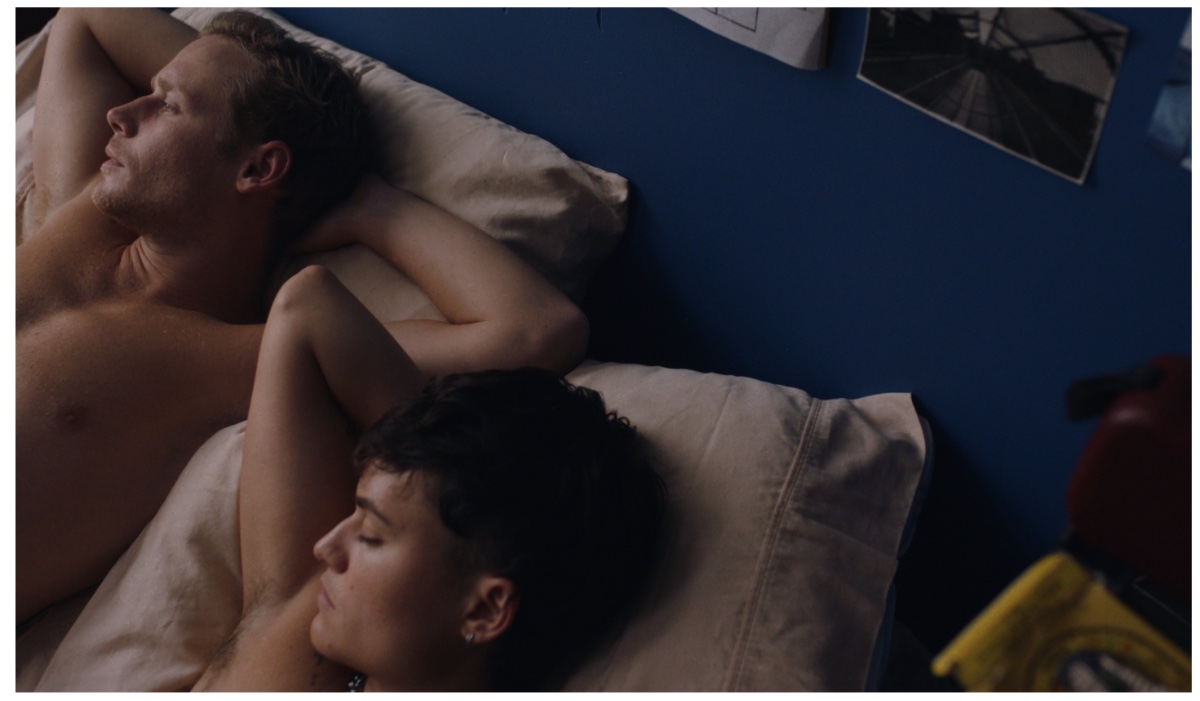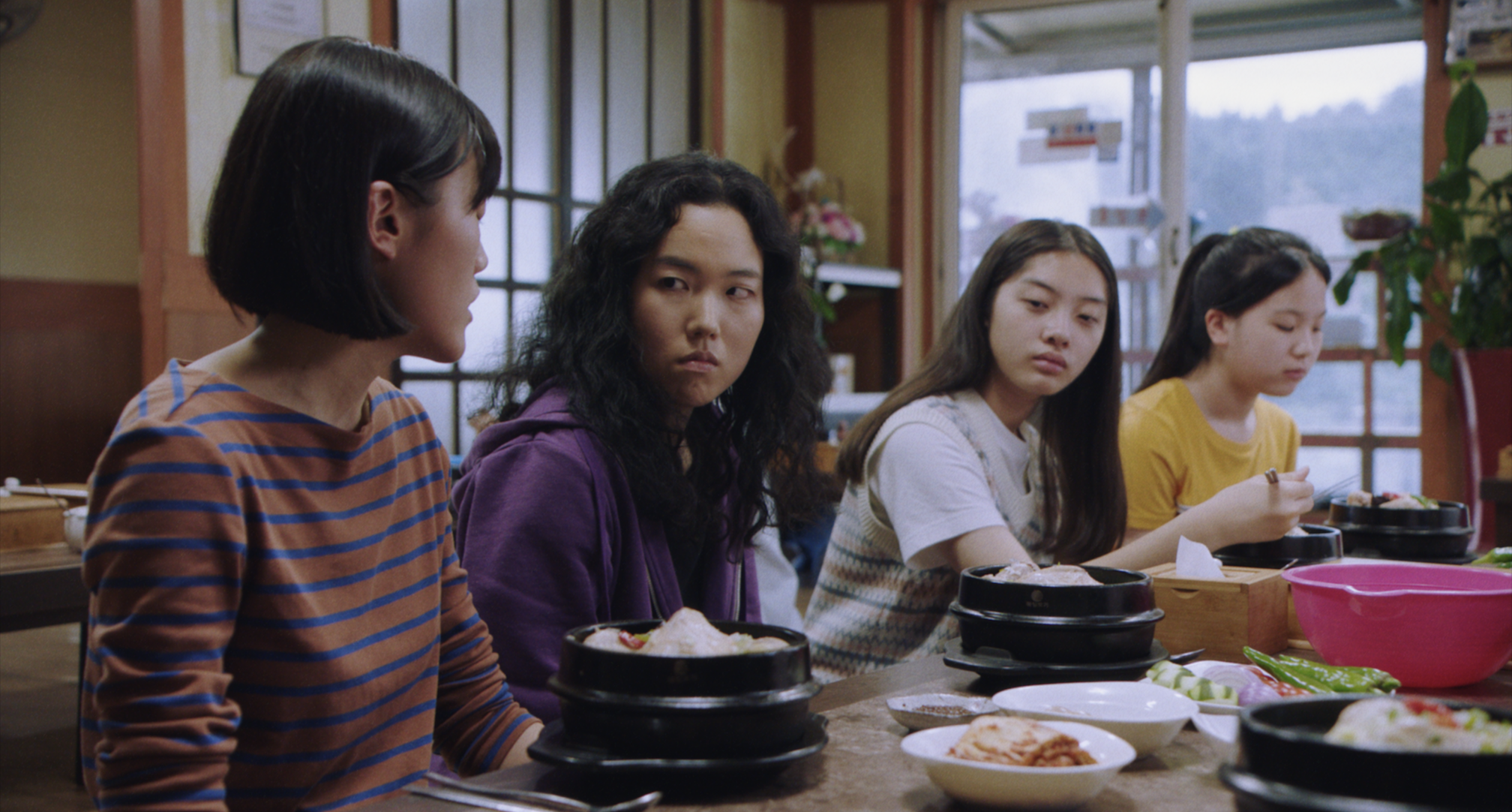
Movie
7.4
Farah Cheded
TLDR
A moo-ving meditation on the many ugly heads of entitlement and exploitation.
What it's about
The take
The poetic title of this debut feature from Chilean filmmaker Francisca Alegría does not tell a lie: a cow does indeed sing. More than one, in fact, because the film uses an entire herd — plus a flock of birds and a school of fish — as a kind of Greek chorus to comment on human mistreatment of animals and the wider environment. The Cow Who Sang never approaches sanctimonious territory, gently weaving from these ideas an expansive and evenly empathetic worldview. The magical realism that allows the animals to speak is the same device that brings the long-dead Magdalena (Mia Maestro) back to life — and, as her family’s fraught history is gradually revealed, it’s movingly suggested that the objectification that the cows and the local polluted river are subjected to is part of the same culture of devaluation that marred the lives of Magdalena and her female descendants. If there’s one complaint to be had, it’s that the relatively short runtime limits the film's ability to really expound on its many threads — the bond Magdalena instinctively forges with her trans granddaughter, for example. Ultimately, though, its symbolic storytelling and emotionally articulate cast allow The Cow Who Sang to communicate much of its sweeping philosophy to profound effect.
What stands out
Comments
UP NEXT
UP NEXT
UP NEXT
Curated by humans, not algorithms.

© 2024 agoodmovietowatch, all rights reserved.














